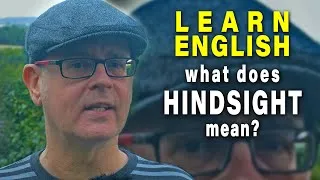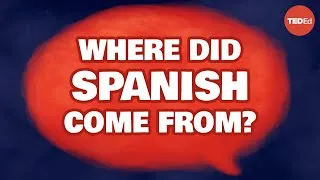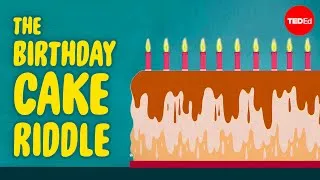भिडियो प्ले गर्नको लागि तलको अंग्रेजी उपशीर्षकहरूमा डबल-क्लिक गर्नुहोस्।
New videos
यो साइटले तपाईंलाई अंग्रेजी सिक्नका लागि उपयोगी YouTube भिडियोहरूसँग परिचय गराउनेछ। तपाईंले संसारभरका शीर्ष-निशान शिक्षकहरूद्वारा पढाइएका अंग्रेजी पाठहरू देख्नुहुनेछ। त्यहाँबाट भिडियो प्ले गर्नको लागि प्रत्येक भिडियो पृष्ठमा प्रदर्शित अंग्रेजी उपशीर्षकहरूमा डबल-क्लिक गर्नुहोस्। उपशीर्षकहरू भिडियो प्लेब्याकसँग सिङ्कमा स्क्रोल हुन्छन्। यदि तपाइँसँग कुनै टिप्पणी वा अनुरोधहरू छन् भने, कृपया यो सम्पर्क फारम प्रयोग गरेर हामीलाई सम्पर्क गर्नुहोस्।







